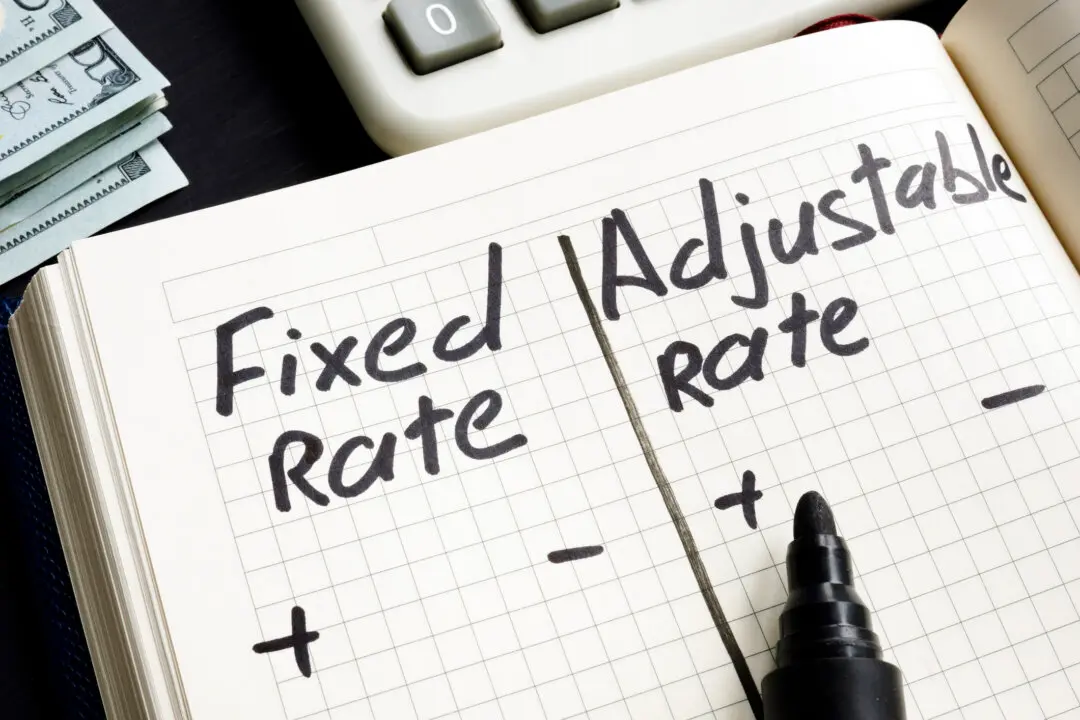By Donna LeValley
From Kiplinger’s Personal Finance
Your need for life insurance changes with the stages of your life, starting with little to no need when you’re young, progressing to greater and greater necessity as you take on more and more responsibility, and finally beginning to diminish as you grow older and your responsibilities wane.






